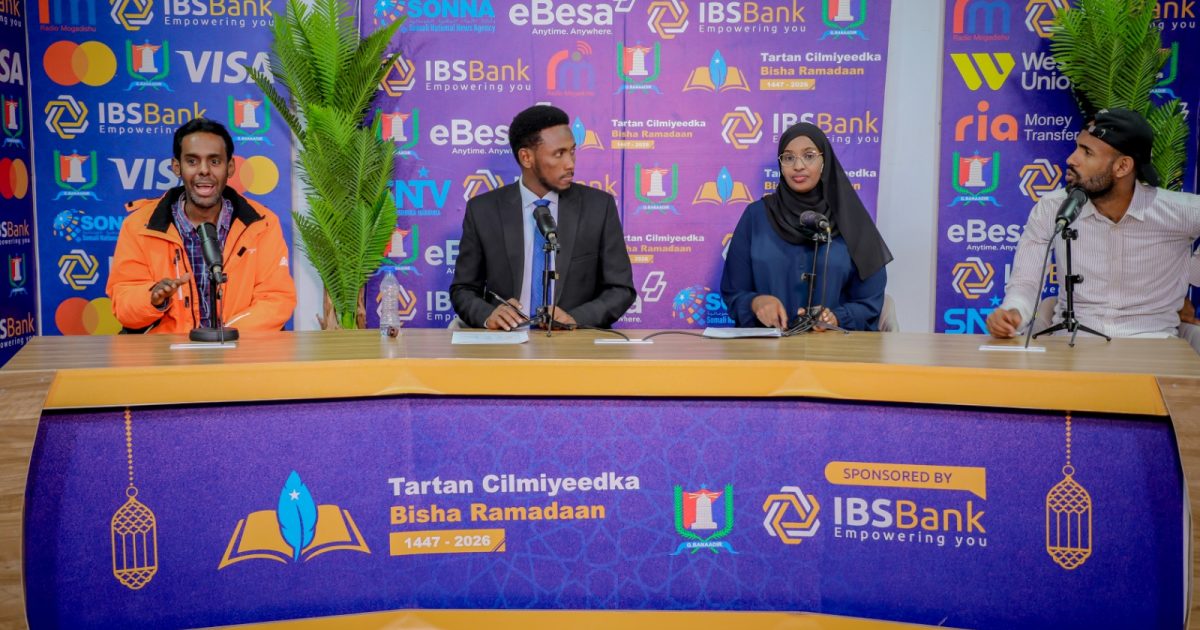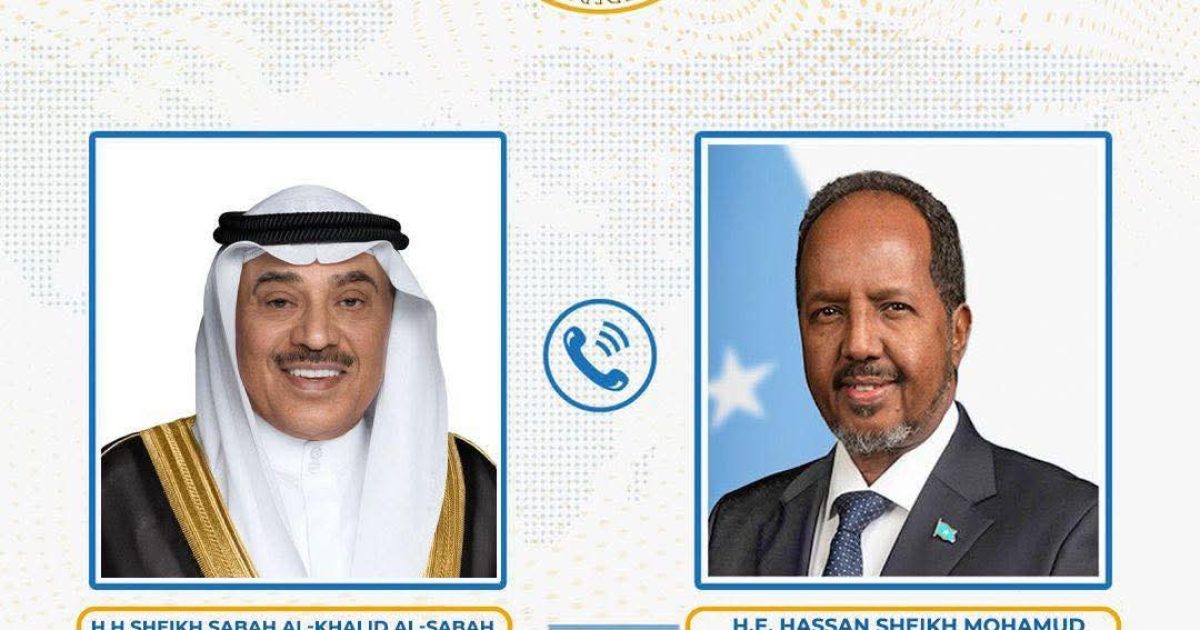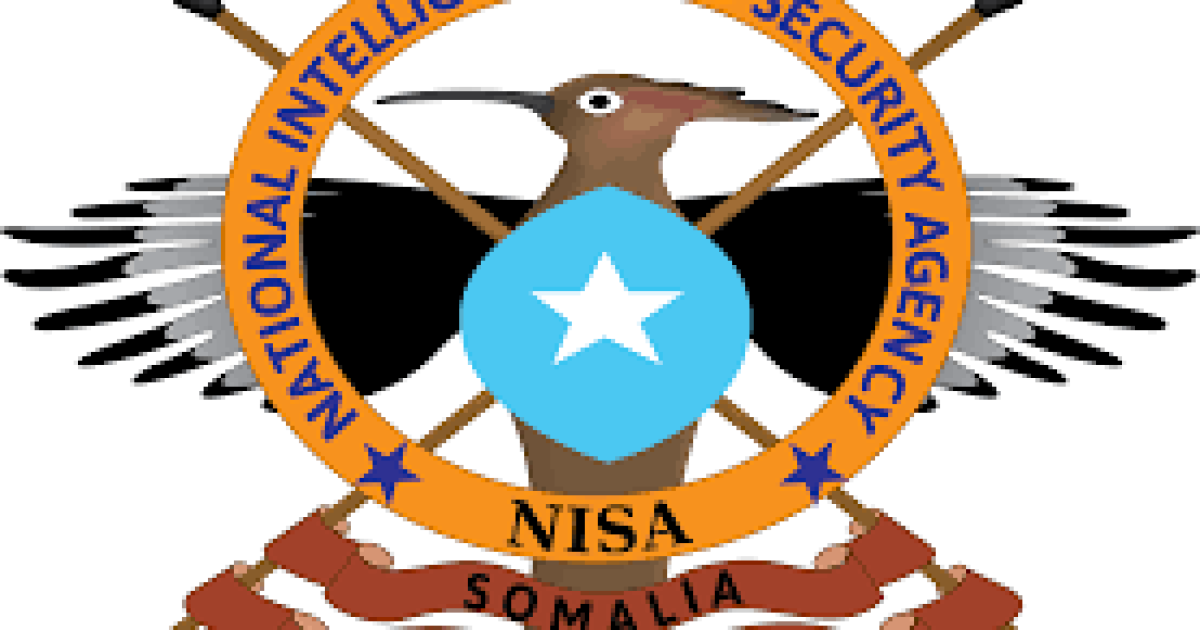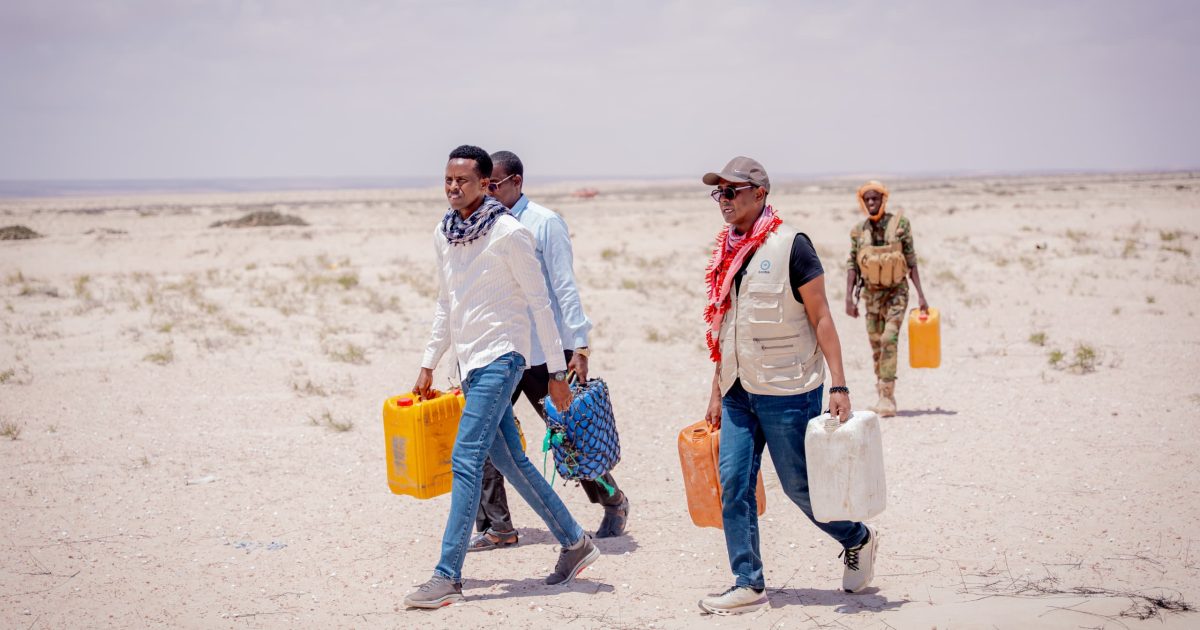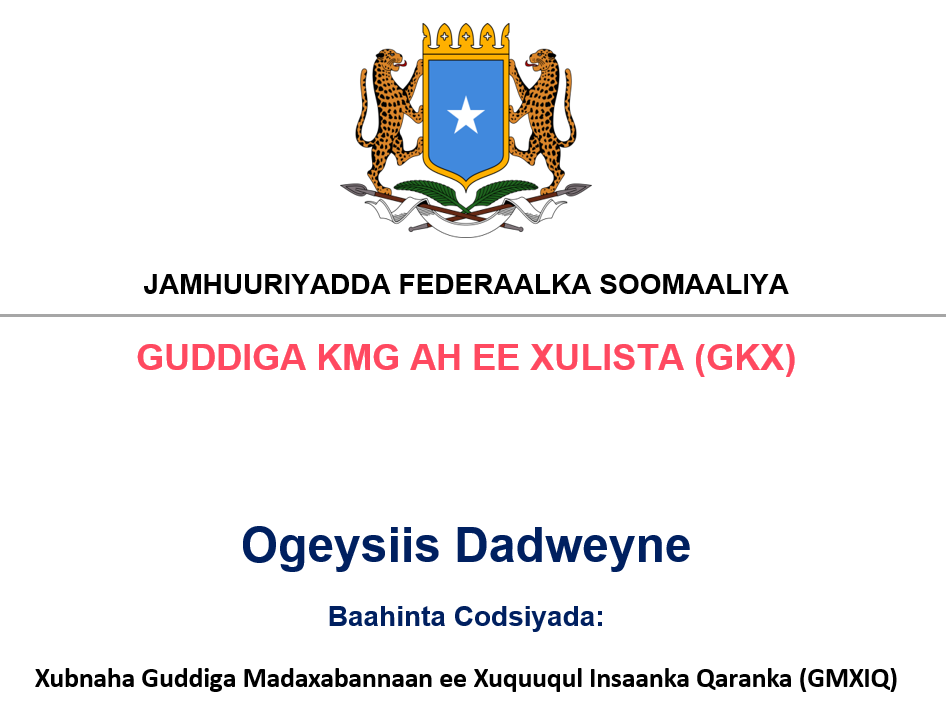The United Nations Mine Action Service (UNMAS) along the Ministry of Women and Human Rights Development (MoWHRD) and the Somali Explosive Management (SEMA) concluded a two-day workshop in Mogadishu to deliberate on developing a national plan of action to assist people with disabilities and survivors of explosive hazards. Representatives of the Federal Government of Somalia and several non-governmental organizations participated in the workshop.
The workshop builds on countrywide consultations led by SEMA and the Ministry of Women and Human Rights Development for the last two months in the federal member states to collect views of various stakeholders as part of the input into the National Action Plan for disabilities. Previous consultation workshops were held in Baidoa, Garowe, Dhusamareb and Jowhar.
The National Plan for Disabilities and Victim Assistance represents an important initial step in Somalia’s progress towards ensuring that Somalis with disabilities, including survivors of mines/ERW and other explosive hazards are able to fully realize their human rights.
In her address, the Minister of Women and Human Rights Development, Ms. Deqa Yasin said that coming up with a National Action Plan was a step in the right direction and was testimony to the progress Somalia has made in taking the disability agenda forward.
The National Plan for Disabilities and Victim Assistance represents an important initial step in Somalia’s progress towards ensuring that Somalis with disabilities, including survivors of mines/ERW and other explosive hazards are able to fully realize their human rights.

In her address, the said that coming up with a National Action Plan was a step in the right direction and was testimony to the progress Somalia has made in taking the disability agenda forward.
“Your effort in formulating a strategy that you will own is truly an impressive feat. The government is fully on board with your agenda and commits to support you throughout,” Minister Deqa told the participants.
The Federal Government of Somalia (FGS) has signalled its deep commitment by ratifying the UN Convention on the Rights of Persons with Disabilities (CPRD) in May 2019 and is in the process of developing the policy frameworks and institutional structures through which it will work to support, promote, and ensure the rights of Somali people with disabilities.
Bile Ismail Diriye, Acting Director General of the Ministry of Women and Human Rights Development of the Federal Government of Somalia, who presided over the opening day of the workshop reiterated the government’s commitment to providing support and tailored services to meet the needs of the disabled members of the population.
“These consultations are of paramount importance and are a chance for the disabled members of our community to have their input included in the strategy that will define their needs and rights,” Bile said.
Sayid Ali Abdullahi, the chairman of the Somalia National Disability Council, hailed the consultations as vital, and was full of praise for the commitment shown by the government and all the other stakeholders involved with the process.
“Today is our opportunity to bring our thoughts and ideas together so that our needs and rights are met and protected,” Sayid Abdullahi said.
The consultation workshops in the capital and the Federal Member States come after conducting a situational analysis that examines support to victims of explosive hazards within the context of support to people with disabilities and their families. Key recommendation of the assessment that was completed in December 2018 was the development of a comprehensive and contextual disabilities assistance plan in Somalia.
A draft of the plan and key findings will be presented in the upcoming Fourth Review Conference of the States Parties to the Anti-Personnel Mine Ban Convention which is slated for 25-29 November 2019.
The National Action Plan establishes a unified, comprehensive and accurate national system for data collection, management and dissemination of information relating to mine and explosive remnants of war casualties by 2025, among other deliverables.
As a State Party to the Anti-Personnel Mine Ban Convention and the UN Convention on the Rights of Persons with Disabilities (CPRD), Somalia has a responsibility to address the rights and needs of explosive hazards survivors within the context of assisting people with disabilities.



